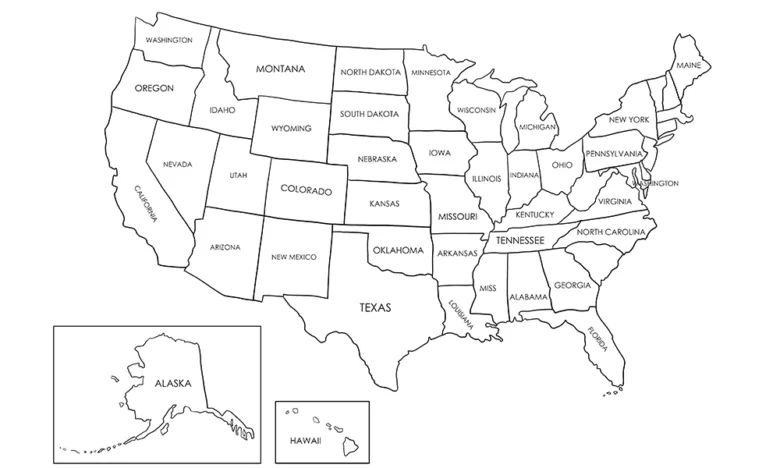
We talk a lot about what to eat—but what about how we eat?
If you’re struggling with bloating, gas, fatigue, or sluggish digestion, there’s one simple, often-overlooked habit that could make a world of difference: chewing your food properly.
Yes, really. That basic step your body relies on to start digestion is often rushed or skipped entirely—and your gut pays the price.
Why Chewing Is So Important
Digestion actually begins in the mouth. When you chew, your saliva mixes with food, starting the breakdown of carbohydrates and signaling your digestive system to get ready for what’s coming. If you rush this step, your stomach has to work overtime to break down large chunks of food—and that can lead to bloating, indigestion, and nutrient absorption issues.
Here’s What Happens When You Slow Down:
- Better nutrient absorption: Smaller food particles are easier to digest, which means your body can absorb more of the good stuff.
- Less bloating and gas: Chewing thoroughly reduces the amount of air you swallow and decreases fermentation in the gut.
- Improved gut motility: Slower eating sends a more regulated signal to your digestive tract, supporting smoother elimination.
- More mindful meals: You’ll naturally eat slower, feel full sooner, and improve your relationship with food.
A Simple Practice That Makes a Big Difference
Start by aiming to chew each bite 20–30 times. It might feel odd at first, but give it time. You’ll not only feel better after meals—you may also notice improvements in energy, mood, and even skin clarity over time.
Slowing down doesn’t cost a thing. It doesn’t require a supplement or a complex protocol. And yet—it’s one of the most powerful things you can do for your gut.
Need Help Getting Your Digestion Back on Track?
If you’re tired of feeling bloated, sluggish, or uncomfortable after meals and want to get to the root of what’s going on—let’s chat.
Book your free discovery call today and let’s figure out what your body’s been trying to tell you. Together, we’ll create a plan that works for you.










